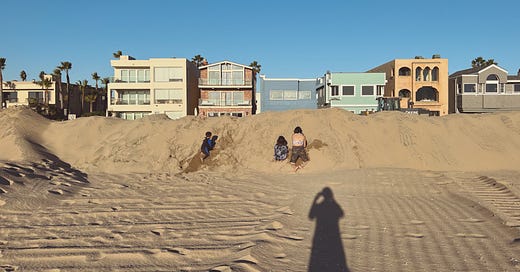This week I meant to write about me following the advice I gave in this advice column I wrote for Substack (“Writing like it matters”), but then I read an article last night about drinking alcohol in the U.S. vs. drinking alcohol in other countries, and it fired me up a lot, and I wrote this instead.
The article I read was from a publication I like (Substance), and was titled “Alcohol is the worst drug (when Americans drink it)”. I read it and I sighed because nothing hurts my body more than good people doing good work getting basic ideas wrong and furthering problematic tropes, like if we just drank like French people we’d be fine.
The article is paywalled, and in case you can’t read the whole thing, the gist of it is that alcohol is specifically problematic in the United States, and this is because of our puritanical/colonial roots, the war on drugs, prohibition and its resultant “drink to get drunk” attitudes, and I agree with all this. I agree when drugs are policed—be it criminally…



